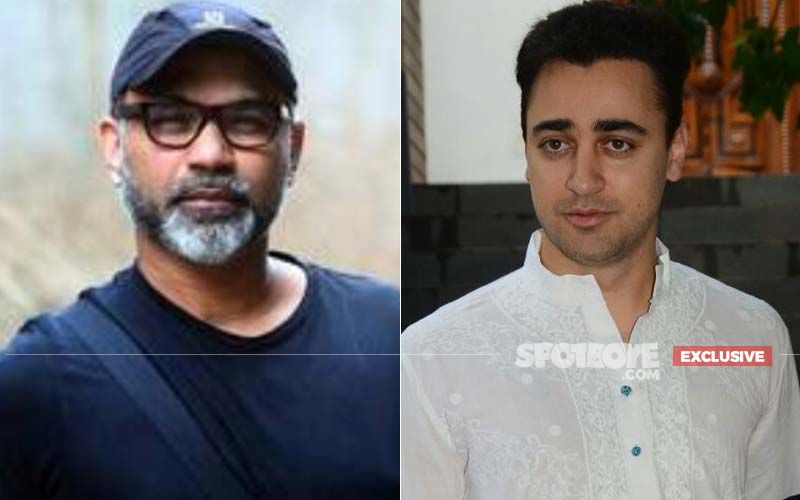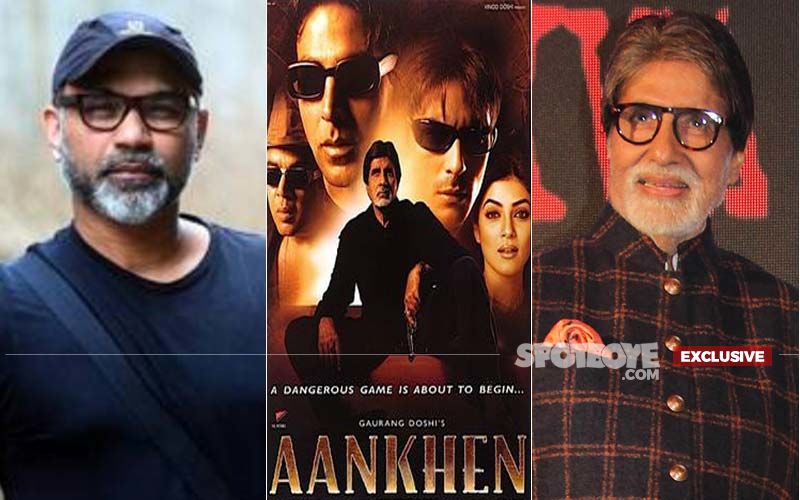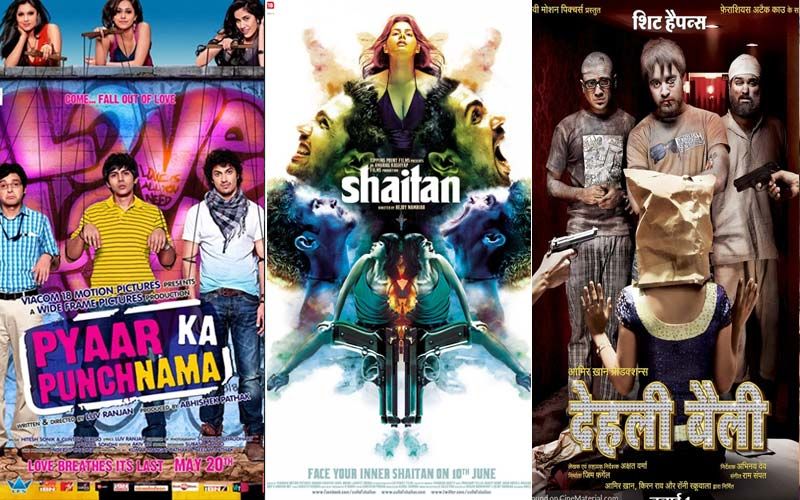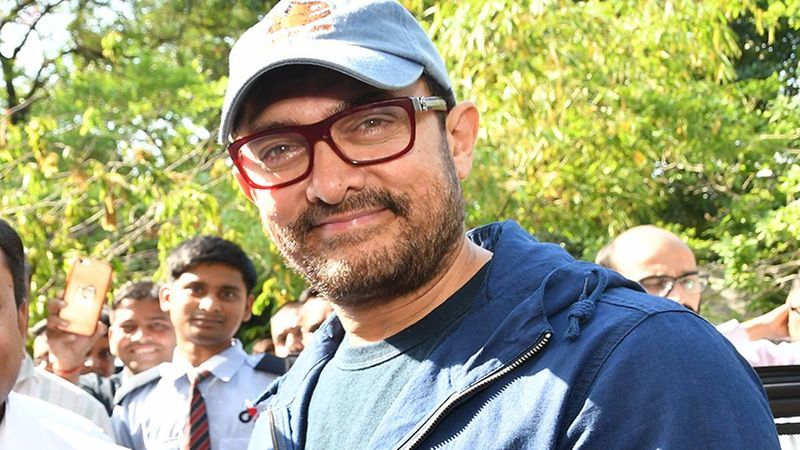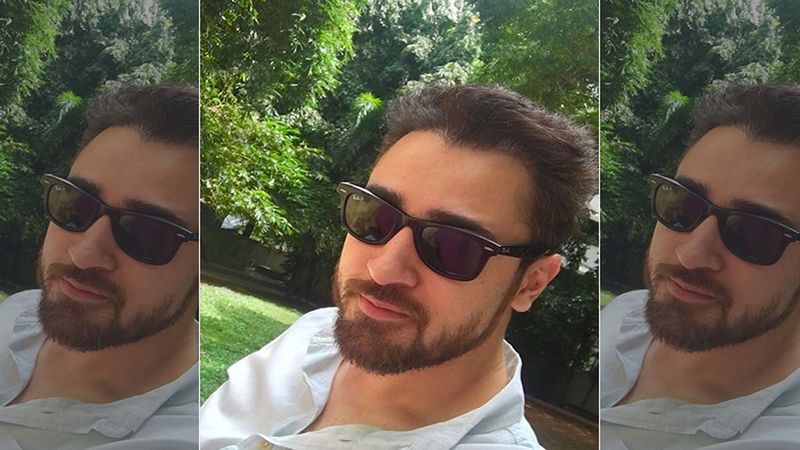10 Years Of Delhi Belly: Director Abhinay Deo Says, ‘I Never Felt That Imran Khan Fit As Well In The Quintessential Hindi Film Hero Image’-EXCLUSIVE VIDEO
As Imran Khan, Vir Das and Kunaal Roy Kapur-starrer black comedy, Delhi Belly, completes 10 years today, director Abhinay Deo, revisits the film, talks about Imran and reveals working on a new film in the same space
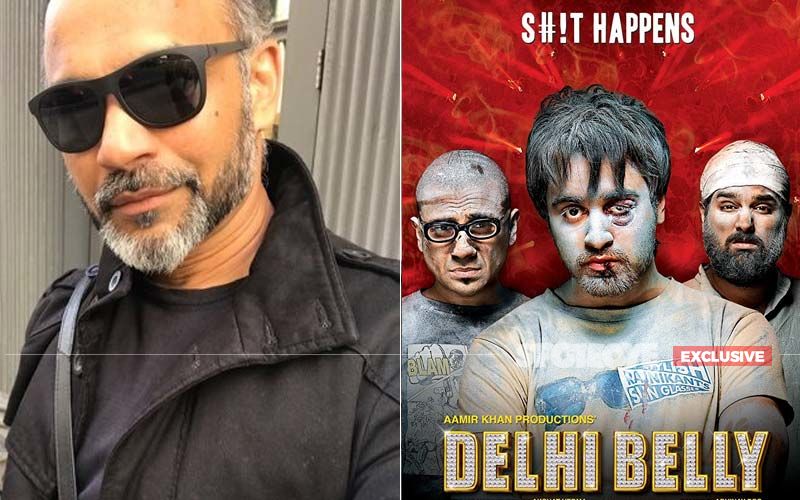
Today marks a decade of the cult classic, Delhi Belly, that kind of paved a new way for black comedies in the Hindi film industry. The film starring Imran Khan, Vir Das, Kunaal Roy Kapur, Poorna Jagannathann, Vijay Raaz and Shenaz Treasurywala was the ‘cool’ film of that time and brought up a new genre of films to Hindi cinema which was not bound by the confines of language or visual and verbal profanity. Today it might seem normal with digital content like Mirzapur, Sacred Games among others taking that route, but a decade ago, it was a new and bold step.
In an exclusive conversation with Spotboye.com, Delhi Belly’s director Abhinay Deo revisits his time on the film to celebrate completing 10 years. Read excerpts from the interview:
Delhi Belly attempted a lot of different things that were unheard of in Indian cinema. Starting with the language as it was in part-Hindi, part-English, then there was a lot of content that might still be considered offensive. So, how challenging was it to just make the film stand up on its own for you?
Delhi Belly brings back a lot of brilliant memories and the fun that we had while making the film. It was always going to be a challenging project. When I read the script, it was written in a way that was very new for India. The content was extremely, so to say “objectionable” to many people, the language and pitching was different and I just looked at it in a very different manner. During college, I was always unhappy about the portrayal of Indian people’s lives, at least of the college going metro-centric kids that was never shown in Indian films. They were very over-colored with people living in large houses even if they were poor. I never understood that and through Delhi Belly I wanted to make an honest and real film that was non-hypocritical, and that was a challenge to explain to people.
Second challenge was to deal with the objectionable scenes. But if you see the film, none of those were done to sensationalise anything. They were all shot in an aesthetic manner for humour. That was the point of the film, and it was a challenge to convince people that that was the kind of film I was out there to make.
I really believe that the Indian audiences are evolved if you give them the right content. All the Netflix, Prime or Disney of the world are coming here because of the consumption. We have a very polarised and amazing audience where there are takers for all kinds of content. We are a great audience that way, and the acceptance is always there.
Things have kind of evolved since Delhi Belly released but even the socio-political environment in the country has changed. Do you think it would have been easier or difficult to release the film today?
I think it would have been the same as I feel Delhi belly is an ageless film. You can see it 20 years from now and it will still make sense. The youth will still be the same in a slightly different way, they will just have an IPhone 21 (Laughs). Delhi Belly is a universal film.
Although, if released today, it might have had a chance to get lost among a lot of other projects. 10 years ago, it was a very fresh way of looking at things, but today a lot of writing is inspired by our writing of Delhi Belly. It opened a lot of windows for that kind of content.
With Delhi Belly, you reinvented Imran’s image from the lover boy. Before that, only his romantic roles were successful while his intense roles weren’t accepted as such. How was that experience of transforming him?
The character of Imran was someone he was genuinely in real life too. Imran is a very smart and intelligent man, very well-read and well-referenced. He knows American and European cinema and has watched them all. As a matter of fact, I never felt that he fit as well in the quintessential Hindi film hero image. He was better in these kinds of roles, where he was natural.
In Delhi Belly, one thing that I did and maintained as a director was that I let everyone be their natural self and worked around it to bring their character out. That is why people loved Imran in the film.
Delhi Belly wasn’t just Imran’s film. All characters were integral to the film, so how was your experience of working with the ensemble cast?
I think that was the magic of that film. I enjoyed the process of making an honest film that was different from anything done before. I got to work with a bunch of people who were so collaborative as an ensemble cast and they just followed the vision I had and helped me create this magic on screen. So, the experience was overwhelmingly fantastic with each and every person, including the small characters.
We live in an era of remakes. So, if Delhi Belly was to be remade today, who would you cast this time? Will there be any changes you would have done to the film to better suit today’s time?
To be honest, Delhi Belly is too fresh in people’s minds to be remade. At least for the next 10 years, it shouldn’t be remade, but if it is, I don’t know who I would cast. Even at that time, I wanted to cast people who did not have a lot of movie experience, who come without baggage. If you cast stars, they come with a certain gravitas and people expect something out of it. I wanted to have people who nobody expected anything from. So, when they come up with something crazy, people are surprised. Even today I’d do the same thing and search for a new cast who fits the role and understands its humour. Scripting wise, it’s perfect, so I’d only change whatever technology advancements have done better.
Delhi Belly must be special to you. Are there any incidents from the set that have still stayed with you?
Since Delhi Belly was my first film, there are a bunch of memories from that set. One of the most interesting things that happened and eventually became iconic, was one of the goons saying ‘Lundry’ in the film. It wasn’t in the script. He mispronounced laundry in the rehearsal and I caught it. I asked him to repeat it and he thought that I was making fun of him. It was a small character so he was really nervous about why I was making him do it, but I did it as I found it very interesting. I ended up using it and it became super iconic.
For Delhi Belly, you received a Filmfare Award for Best Debit Director, and you were one of the most promising new directors that time. But you have done only four films since then. Was there a specific reason behind taking things slow?
There is no specific reason, I am just picky about what I do. But after Delhi Belly, I consciously didn’t do comedy as I didn’t want people to compare my work. That is why I did two seasons of 24, followed by Force 2 and Blackmail, and I also made Game, which I did almost alongside Delhi Belly. So, in these 10 years, I have made five films and two seasons of a series which is equivalent to five films. My fifth film, Doosra, is still awaiting release. It’s a very different project, a part-documentary, part-feature film, and I also keep doing advertisement work so I never felt I was taking it slow.
With Blackmail, you also entered production. So, any new projects under your production that you can tell us about?
All projects that I am currently working on are co-produced by me, and there are a bunch of films in the pipeline. As a matter of fact, as we speak, there is a film in the genre of Delhi Belly, that I am working on with a writer, and it is quite wild. Now that 10 years have passed, I don’t mind trying to get back in that genre.
Image source: Everymedia Technologies/ IMDb
